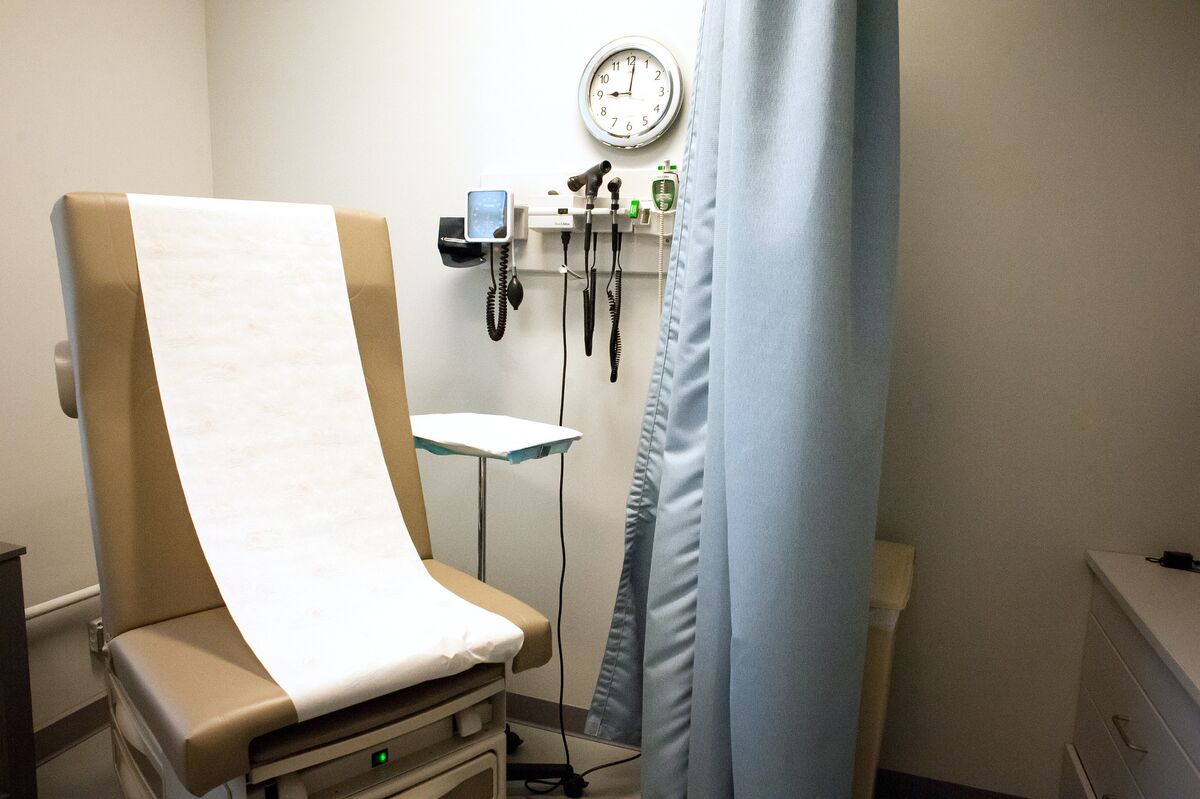cross-posted from: https://lemmy.ml/post/34581821
paywall bypass: https://archive.is/whVMI
the study the article is about: https://www.thelancet.com/journals/langas/article/PIIS2468-1253(25)00133-5/abstract
article text:
AI Eroded Doctors’ Ability to Spot Cancer Within Months in Study
By Harry Black
August 12, 2025 at 10:30 PM UTC
Artificial intelligence, touted for its potential to transform medicine, led to some doctors losing skills after just a few months in a new study.
AI helped health professionals to better detect pre-cancerous growths in the colon, but when the assistance was removed, their ability to find tumors dropped by about 20% compared with rates before the tool was ever introduced, according to findings published Wednesday.
Health-care systems around the world are embracing AI with a view to boosting patient outcomes and productivity. Just this year, the UK government announced £11 million ($14.8 million) in funding for a new trial to test how AI can help catch breast cancer earlier.
The AI in the study probably prompted doctors to become over-reliant on its recommendations, “leading to clinicians becoming less motivated, less focused, and less responsible when making cognitive decisions without AI assistance,” the scientists said in the paper.
They surveyed four endoscopy centers in Poland and compared detection success rates three months before AI implementation and three months after. Some colonoscopies were performed with AI and some without, at random. The results were published in The Lancet Gastroenterology and Hepatology journal.
Yuichi Mori, a researcher at the University of Oslo and one of the scientists involved, predicted that the effects of de-skilling will “probably be higher” as AI becomes more powerful.
What’s more, the 19 doctors in the study were highly experienced, having performed more than 2,000 colonoscopies each. The effect on trainees or novices might be starker, said Omer Ahmad, a consultant gastroenterologist at University College Hospital London.
“Although AI continues to offer great promise to enhance clinical outcomes, we must also safeguard against the quiet erosion of fundamental skills required for high-quality endoscopy,” Ahmad, who wasn’t involved in the research, wrote a comment alongside the article.
A study conducted by MIT this year raised similar concerns after finding that using OpenAI’s ChatGPT to write essays led to less brain engagement and cognitive activity.
Until recently, I thought Idiocracy was just a fun movie. Nowadays I’m scared.
However socialized your health care system is, whoever works in it is more likely than not overworked and, the lower the rank, underpaid. I feel comfortable claiming this to be true in general.
This is one study in Poland. You could draw a number of conclusions from it that isn’t just “so-called AI makes doctors dumber.” It could be just as well that so-called AI has an edge over human eyes in finding cancer. It could also be that these doctors are relieved to have a tool that’s reasonably reliable so they can focus their medicine brains on improving care in another area that this study didn’t look at. They only have so much bandwidth and they are only human too. It’s too early and too simplistic to leap to one conclusion.
And don’t get me wrong. I have no trouble imagining that the dumber conclusion could be true. Practice makes perfect so I can see if they don’t work that recognition muscle they’ll lose it. Which would eff us all when computers break or greedy companies make access to the models financially impossible. This should sound alarm bells for the educators. But once again it is too early to say the sky is falling. And it may be the pressures of the health care system that at the very least aggravate the observed effect.
deleted by creator
3D printers do not belong on that list. They at least have practical applications.
deleted by creator






